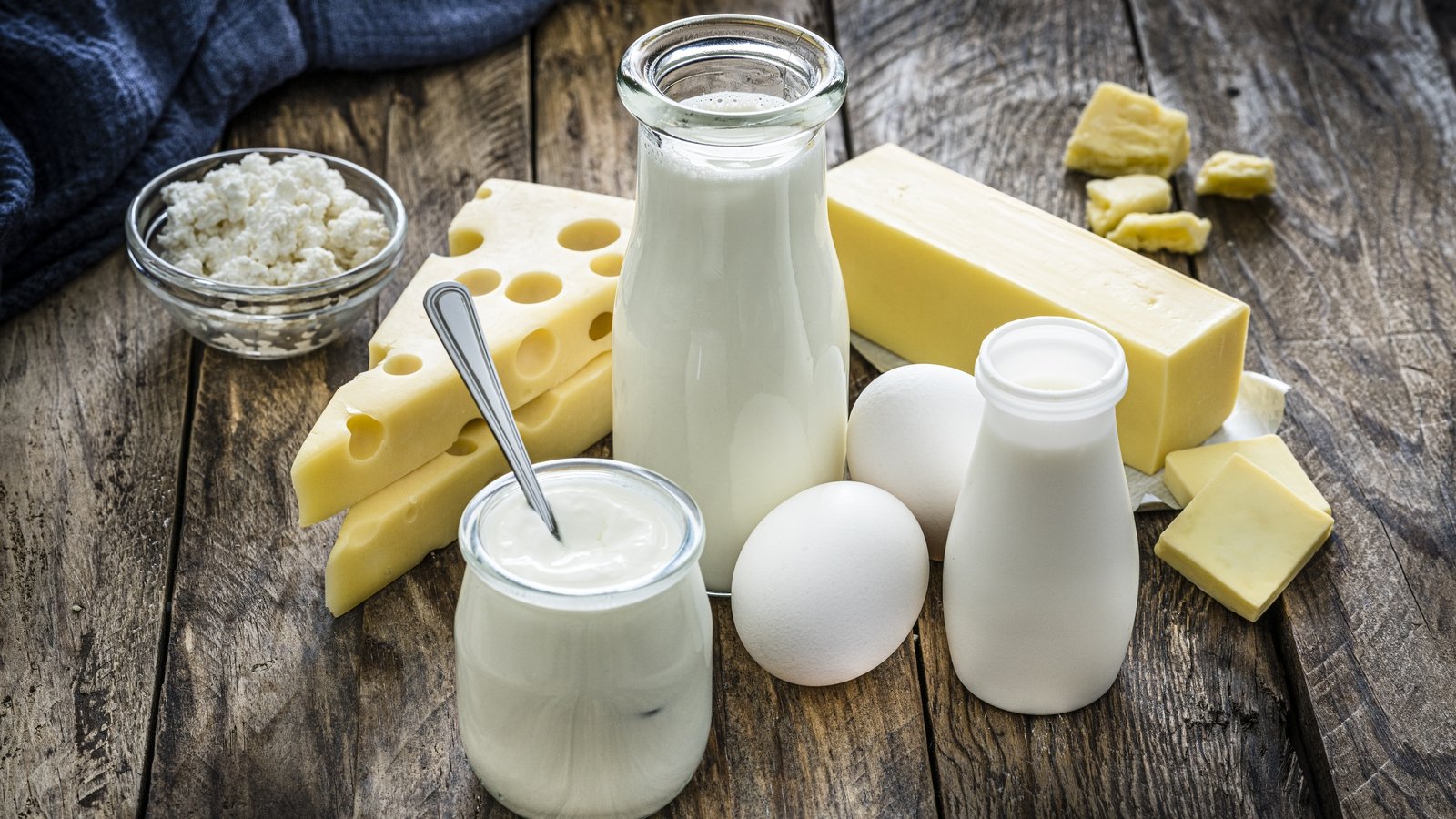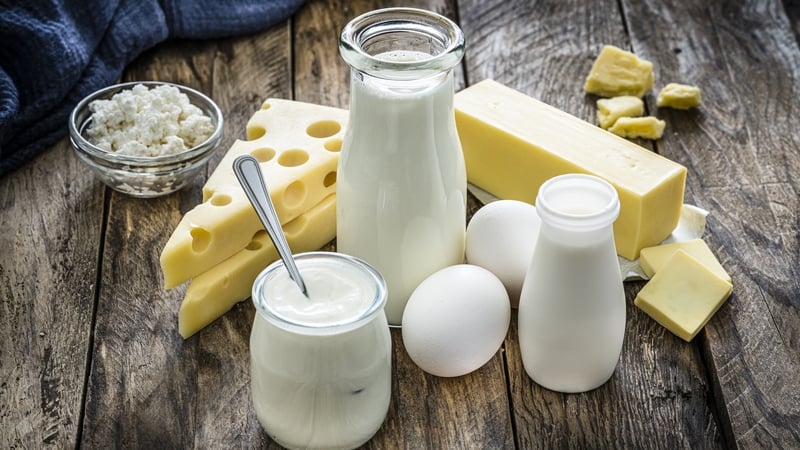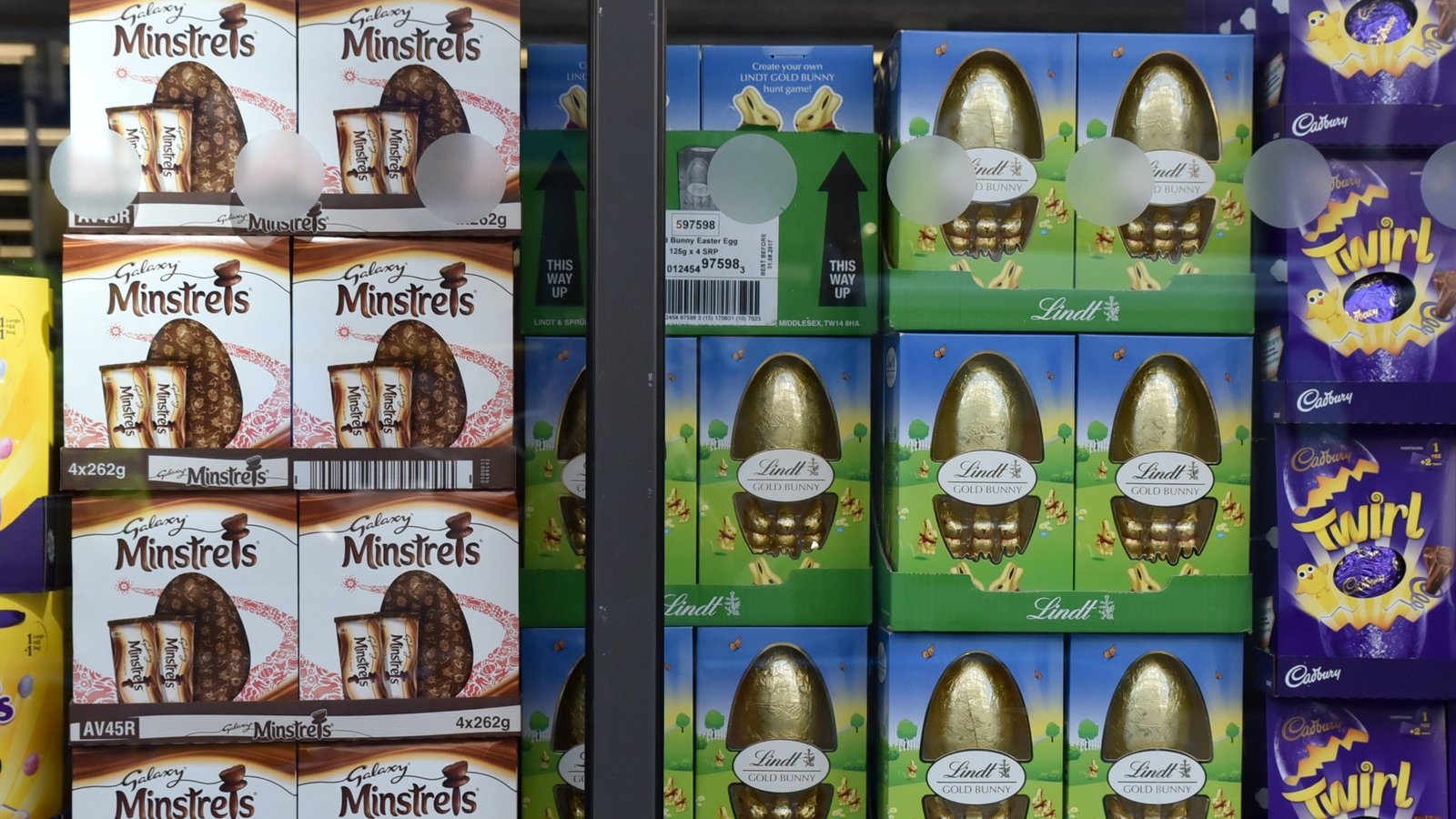Irish food and drinks exports declined in 2023


The value of Ireland’s food, drink and horticulture exports declined by 4% last year to reach €16.3 billion, following a record breaking year in 2022 when exports grew by 22%.
Bord Bia’s Export Performance and Prospects report shows that exports where impacted by inflation and the cost of living crisis which affected consumer spending.
There was also significant downward pressure on trade prices.
Irish dairy exports, which account for almost 40% of overall food and drink exports, were valued at €6.3 billion, a year-on-year decrease of 8%.
Butter and cheese were the top two export categories in this sector – each accounting for 21% of dairy exports and both valued at €1.3 billion – declined by 12% and 4% respectively.
The report reveals that the value of meat and livestock exports was stable at €4.2 billion, as increases in the value of beef, poultry and live exports were offset by lower sheepmeat and pigmeat exports.
Bord Bia said the prepared consumer foods sector had a strong year in value terms, with sales increasing by 7% to €3.1 billion, thanks to increased exports of meal solutions, bakery products, soft drinks and juices.
However, volume growth was muted, particularly to the UK market.
The report shows that the value of drink exports declined by 8% to €1.8 billion due largely to short-term market factors in the North American spirits sector. Beer and cider exports increased by 11%.
Seafood sales declined by 14% to €552 million due largely to a reduction in the volume of pelagic fish and salmon exports, while exports of Irish horticulture and cereals were valued at €295 million in 2023, a 6% decline on the previous year.
According to Bord Bia’s Exporter Sentiment survey, the majority (73%) of Irish food and drink exporters remain optimistic about expected market growth in 2024.
It reveals that companies were most positive about the potential for export growth to Europe and the US.
Despite the positive outlook, more than half (53%) of Irish food and drink companies believe they have lost competitiveness over the past 12 months with energy prices, inflation and labour costs having the biggest impact.
Looking ahead, market volatility and inflation, although slowly easing, will continue to be two key factors for this year, while input and labour costs remain a risk to competitiveness.
According to Bord Bia, the market for Irish food, drink and horticulture exports will remain challenged this year.





